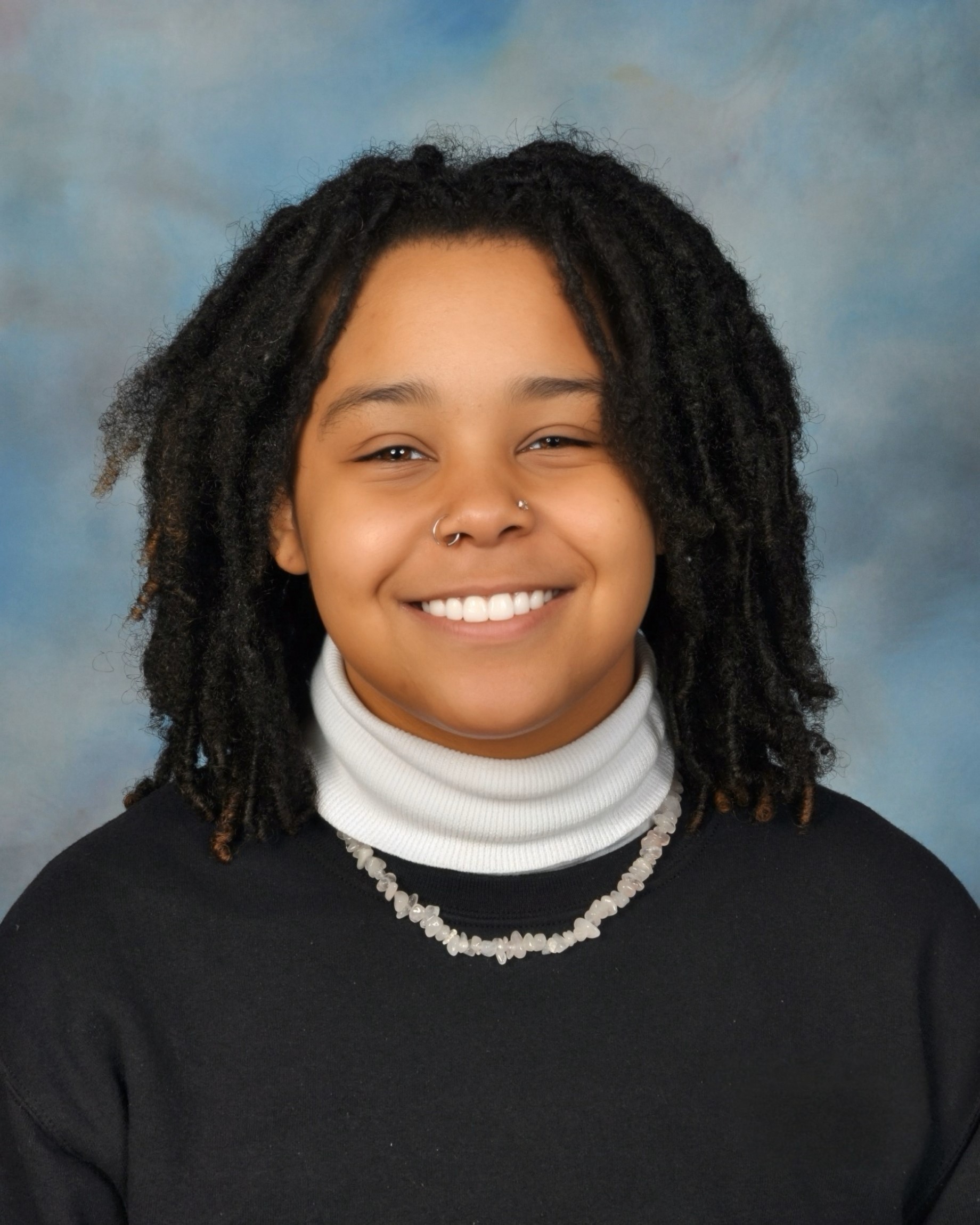MSU student reflects on impact of MDHHS Fellowship in public behavioral health
January 21, 2025 - Brandon Drain
 The Michigan Department of Health and Human Services (MDHHS) 1914 Program Fellowship is transforming lives by supporting MSW students dedicated to public behavioral health. This fellowship provides each recipient with $30,000 in funding, enabling future social workers to focus on their education and fieldwork while preparing to address critical mental health needs in underserved communities.
The Michigan Department of Health and Human Services (MDHHS) 1914 Program Fellowship is transforming lives by supporting MSW students dedicated to public behavioral health. This fellowship provides each recipient with $30,000 in funding, enabling future social workers to focus on their education and fieldwork while preparing to address critical mental health needs in underserved communities.
Here is how the fellowship has impacted MSW student, Jerleesha Ross on her journey:
What inspired you to pursue a career in public behavioral health?
My biggest inspiration for pursuing a career in public behavioral health are personal experiences growing up as a person of color in an economically disadvantaged community. I have seen the effects lack of resources and under representation can have on a community that was once flourishing such as Flint. As an adolescent, I lived through the Flint Water Crisis and witnessed firsthand how it weakened an entire community. As a young adult, I bore witness to the further detrimental impact of the global pandemic COVID-19 on the world and these already struggling communities. At times I felt hopeless in the fight for change and justice within my own community. I’ve come to realize this is a familiar story for far too many individuals. Pursuing a career in public behavioral health has allowed me the ability to play a role in the changes I would like to see and encourage a reflection of the diverse communities we serve within the social work profession.
How has receiving this fellowship influenced your academic journey and future career plans?
Receiving this fellowship has had such a positive impact on my academic journey. It has given me the ability to not only continue to pursue my master's degree but do so whilst remaining debt free. Most children want to be a doctor or firefighter but as my mother tells it, I was different. I didn’t know what I wanted to do but I knew I wanted to receive a collegiate education; this is truly a dream come true for me. I always envisioned university as my pathway to success and I'm incredibly grateful how it has transformed my life. I have faced many challenges throughout my academic career and I at times questioned if I could finish largely due to financial stresses of obtaining a degree. This fellowship has been a huge weight off my shoulders and revamped my hope for a bright future in the field of social work.
Could you share insights or memorable experiences from your field placement that have shaped your perspective on behavioral health?
One of the best experiences of my field placement has been the connections I have been able to make within the community of Burton. I’ve had the privilege of experiencing a full circle moment by working under an individual who played a significant role as coach and social worker in my own adolescence to now fulfilling that role myself. I've had the ability to become an important figure for students and it opened doors for other opportunities such as coaching middle and high school volleyball. These experiences overall have reinforced the importance of a role in public behavioral health can have on an individual. As an emerging professional, field placement overall has allowed me to strengthen my skills, continuously learn, and broaden my knowledge. I have gained a better understanding of the perspectives of the community. As they always say, it’s best to get information straight from the horse's mouth!
How do you envision using your skills to address behavioral health needs within Michigan communities?
My short-term goal is to accomplish my first big step towards full certification by gaining my master’s degree. This will allow me to achieve my long-term goal of improving access to mental health services and influence policy changes in public behavioral health. I envision using my skills to continue to go into the public, network, and be an advocate for individuals and families. Continuing to work within the community can help me enhance diversity and play a role in promoting social justice, especially for marginalized communities. I overall hope in my career to be a bridge between the communities in Michigan and the resources they need.
What guidance would you offer to students considering a path in public behavioral health?
If I could offer any guidance to students interested in pursuing a pathway in public behavioral health? Do it but remain resilient! It may not be an easy pathway, but it is one that is very rewarding. Be open minded, it is a broad pathway that can take you many different directions. That can be an overwhelming feeling but one of the most exciting parts of this career pathway. Be open to making connections and utilize your resources! They can be everything in public behavioral health. I always say the youth are our future and have been one of my biggest draws to working with adolescents as a target population. I’m excited to see what the future holds, their potential is limitless!
